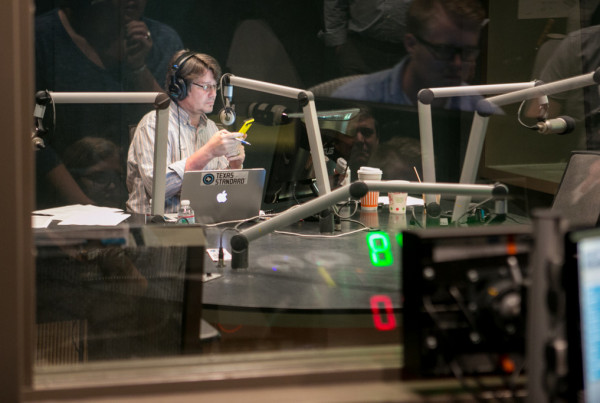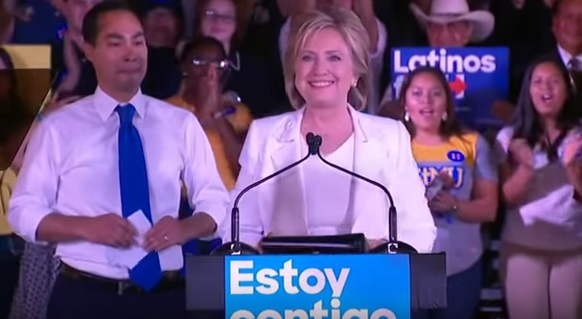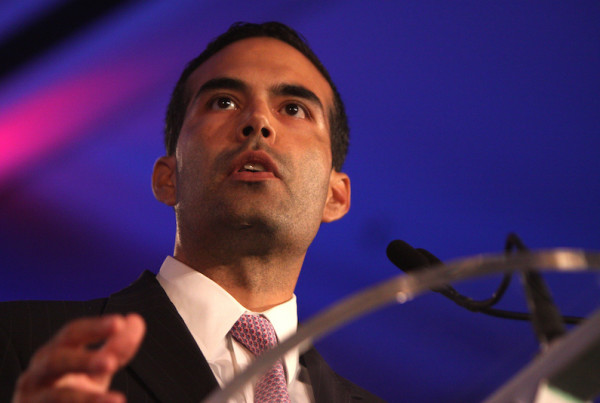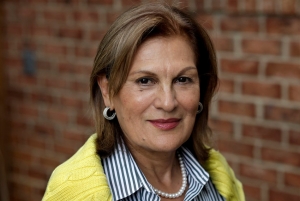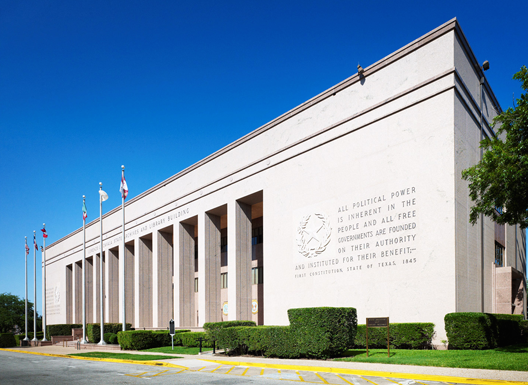This story originally appeared on KERA News.
Donating to charity is big business. Last year, $358 billion was given out and 80 percent of that came from individuals. The Philanthropy Roundtable is a national nonprofit that helps donors give wisely.
That group is in Las Colinas for its annual meeting, and some standout North Texas groups were invited too.
Nonprofits are built on passion and ideals. They can only survive with support.
For example, CEO Heather Reynolds says it takes an annual budget of $28 million to run Catholic Charities Fort Worth.
“That pays for 400 staff and all costs associated with that as well as direct assistance for clients, and that allows us to serve about 100 thousand clients each year,” she says.
By doing things like paying for utility bills, credit counseling, hosting dental clinics and job training.
“We’re a business at Catholic Charities Fort Worth, we just happen to be in the business of helping people,” says Reynolds.
Another North Texas nonprofit, the Prison Entrepreneurship Program, helps inmates develop an original business plan. During the first year felons get out of prison, their unemployment rate hovers close to 60 percent.
“Every one of our graduates for five years running has found his first job or started a business within 90 days of release, every one of them,” says Bert Smith, who heads up the program.
Smith and Heather Reynolds were both invited to speak at the Philanthropy Roundtable’s annual meeting… their organizations highlighted as “stars of Texas.”
Connecting big donors with well-run nonprofits is the whole point of this meeting. The Roundtable’s Director of Economic Opportunity Jo Kwong says handing out money isn’t as easy as it sounds.
“When you have money to give away everyone’s your best friend,” she says. “So you can just respond to everybody who comes to your door or you could think about what’s the problem you want to solve?”
Only donors who give $100,000 or more a year are allowed to attend this meeting; groups like the Ewing Marion Kauffman Foundation from Kansas City and the Connelly Foundation from Philadelphia.
Despite the presence of half-a-dozen Texas nonprofits, it’s not a sales pitch. It’s about learning how to invest wisely and also now to sidestep organizations that might not be above board.
“Sometimes the ones that spend a lot of money putting commercials on TV, and are household names, are the ones who spend all their money putting ads on TV,” says Kwong. “And then you have to dig down, what are they actually doing?”
Hopefully, good work across their community. Bert Smith says the Prison Entrepreneurship Program’s record speaks for itself.
“There are more than 200 businesses now that have been started by graduates of the program and six of them are at a scale where they will generate more than a million dollars in revenue this year,” he says.
A number even the big donor crowd can respect.





